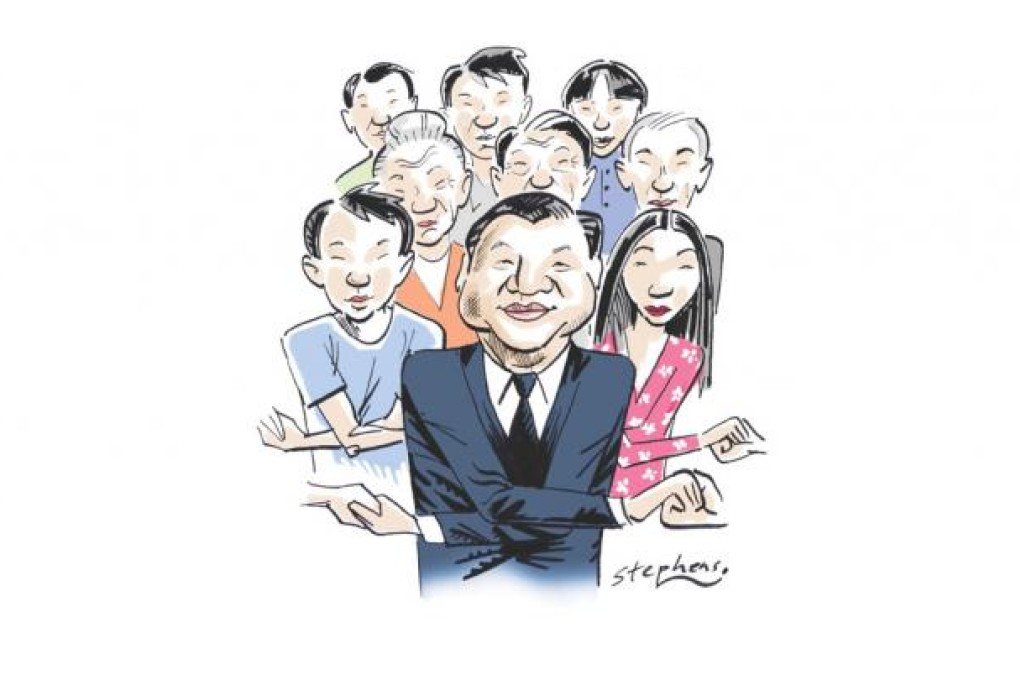Xi Jinping's public relations test
Kerry Brown says of all the daunting challenges now facing Xi Jinping, the biggest may be whether he can connect with and mobilise the people - in a way his predecessor did not

The months of speculation are mercifully over. Questions of whether there would be nine or seven are now resolved; who is in and who is out is settled. When the new Chinese Communist Party leadership walked before the world's press last week, there was a feeling of anticlimax. If Hu Jintao had wanted to create a process that ended up boring everyone into submission, it worked. In the end, a group of men with very similar backgrounds and life stories, wearing similar suits and acting in uniform ways briefly stood before the press. If they were happy or overjoyed at their current good fortune, they took care to suppress it. Sobriety and understatement were the order of the day.
Among all this, Xi Jinping's more expressive language was the single thing that interested most commentators. Even on Weibo, there were hints that people were relieved they now had a leader who at least spoke in a slightly more human way, and did not litter his public statements with references to party theory and slogans the way that Hu was wont to.
Maybe this restraint was due to the fact that these leaders are aware they come into a political context in which there are immense constraints around them. The reappearance of former president Jiang Zemin, now 86, on the final day of the party congress, standing on stage next to Hu in the midst of the outgoing Politburo, underlined how impossible it is in China for former leaders to finally relinquish power. The constraints, however, go further than just the involvement of specific individuals.
Institutionally, and structurally, the party leadership is hedged in. If they fail to deliver good growth, their legitimacy is undermined. If they alienate the important forces of vested interests and the elite networks around them, they will be under immediate attack. To left and right, in front of and behind them, their situation is surprisingly precarious.
In view of this, Xi's words about needing to show greater connection with society make sense. He and his team are there after a tightly managed process within the innermost core of the party. Only a tiny number have been truly consulted over who the new leaders should be, and who should and should not be in the new Standing Committee of the Politburo. The contract with the larger Chinese public is simply that a leadership transition should happen without social unrest and contention, and without threatening growth.
The public response of indifference is what the party wants. There were no large public outbursts of celebration. The whole process happened like a management takeover, in which new faces came in, promising to deliver on the policies and strategies of the people they had replaced, and nothing more.
This strategy might be right - at least for the moment. But as China's development trajectory becomes more complex, and growth in gross domestic product inevitably falls because the current dizzy levels are unsustainable, the need for the party leadership to reach out to the public will grow greater. They must learn to speak to people more directly and with more relevance, and not just act like technocratic managers. Political idealism is sorely lacking in modern China. Politicians function as administrators, delivering on government plans, with their ability to mobilise people seldom called upon.
